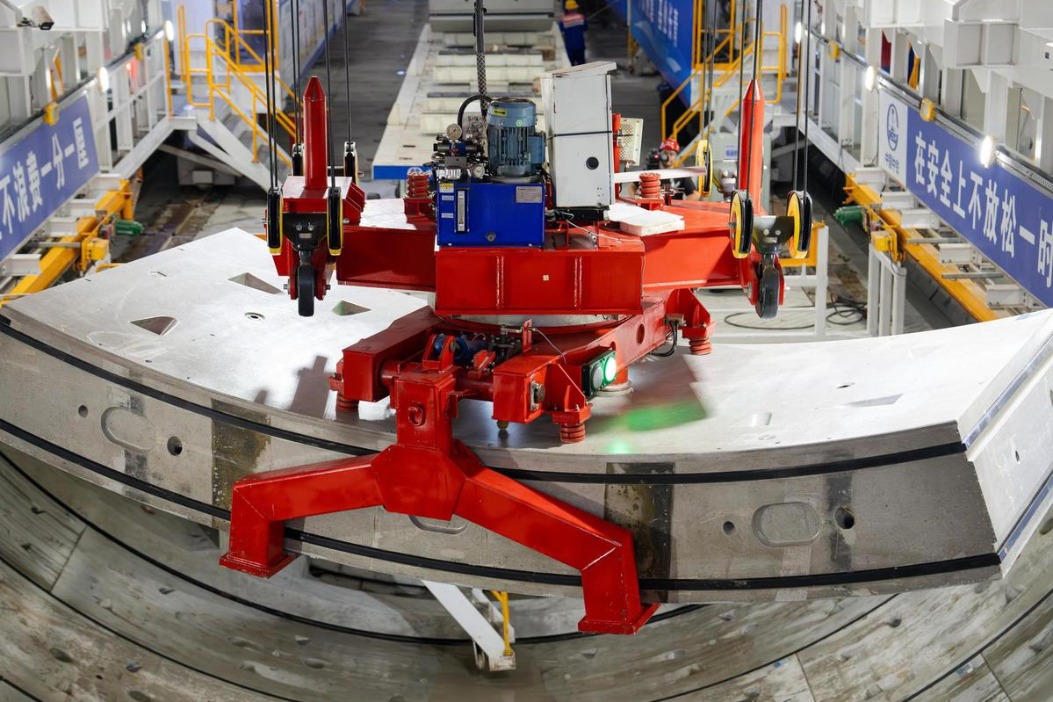Service trade pilot project to extend further


China will expand its pilot project for the service trade to 21 regions, which will stabilize foreign trade and investment, according to Wednesday's State Council executive meeting.
Started in 2018, the two-year pilot program for trade in services in 17 regions has made some promising progress, as reported by Securities Daily on Friday.
Services in computer and information, finance, culture and entertainment have gradually increased their proportion among the service trade, said Pan Helin, executive director of the Digital Economy Academy of the Zhongnan University of Economics and Law in Hubei in the report.
By supporting financial institutions to develop cross-border investment and financing, pilot cities built cross-border domestic and foreign currency capital pools and encouraged cross-border financing, financial leasing and other businesses, promoting service trade growth, Pan said.
Breakthroughs have been made in various areas, including an expanded business scope of foreign-hold domestic entities and foreign-funded institutions; the opening-up of futures such as yuan-denominated crude oil, iron ore and purified terephthalic acid, which strengthened the connection between the domestic entity industry and the overseas financial industry; the direct input of capital, development models and technology brought from further expansion to foreign investment fields and the effective output of the "China Model" in key business fields, said Tang Chuan, investment director at a subsidiary of 360 Group.
According to Securities Daily, southwestern city Chengdu's total import and export of services registered 90 billion yuan in 2019, up 10.1 percent year-on-year. Southwest China's Guizhou province saw total import and export of services reach 52.9 billion yuan from 2016 to 2019, an average annual increase of 16.15 percent.
The expanded service trade pilot project will improve service trade facilitation level, cultivate local service trade export-related industries, attract more foreign investment for the service industry and further provide job opportunities, said Tao Jin, a researcher at the Suning Institute of Finance.
China's service trade scale is expected to have an accelerated growth, Tao added. In addition, the opening policy on service trade continues to deepen, which makes it easier for foreign-funded companies in service industry to enter the Chinese market and provide related services, creating a relatively continuous foreign capital inflow.




































